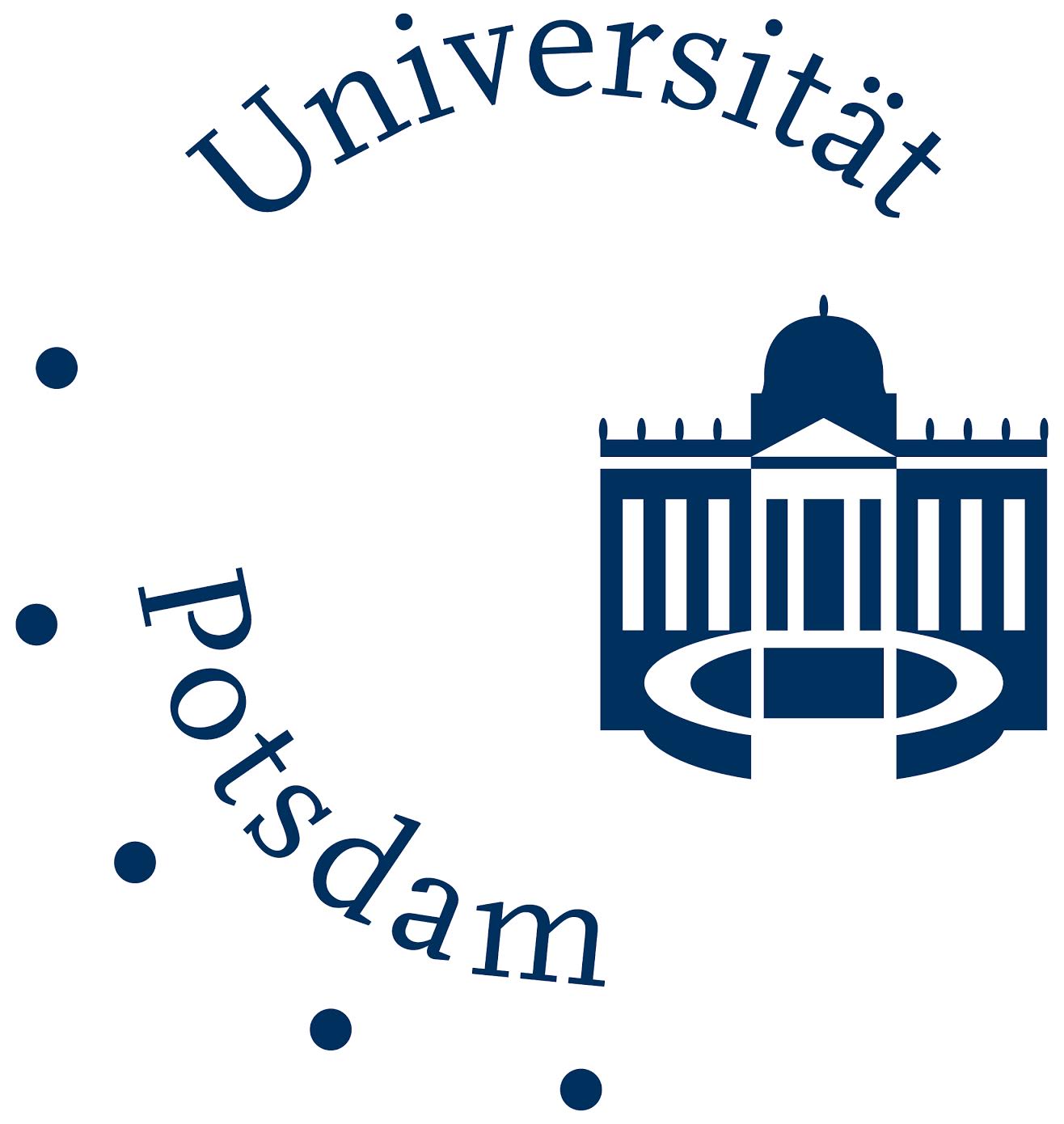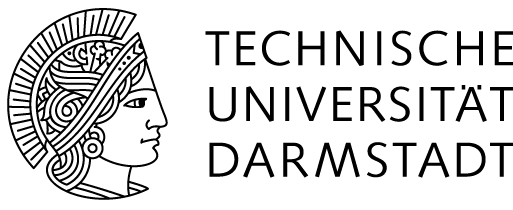Connections and Levels of Influence of Treaty Secretariats in International Environmental and Disability Policy-Making over Time (CONNECT)
CONNECT seeks to analyze how international treaty secretariats exert influence on processes, discourses and outcomes of multilateral negotiations. Moreover, it explores to what extent the secretariats’ social embeddedness in issue-specific information flows can explain this influence.
The project will analyze international treaty secretariats over time and across two issue areas: environmental and disability policy-making.
Theoretically, CONNECT is grounded in Social Network Theory (SNT) and Discursive Institutionalism (DI). Whereas the former places its focus on the relations between actors, the latter emphasizes the power of discourses as drivers of institutional change. Methodologically, the project employs a mixed-methods design that draws on techniques of quantitative Social Network Analysis (SNA) and qualitative Discourse Analysis (DA).
Altogether, CONNECT pursues four central objectives that are closely interlinked and address important gaps in the empirical, methodological and theoretical state of the art:
- to empirically reassess the influence of international treaty secretariats over time,
- to compare the influence of treaty secretariats in different areas (climate change, biodiversity and disability policy),
- to combine findings from SNA with qualitative insights gathered with DA in order to identify central determinants of secretariat influence, and
- to theoretically reconceptualize the relationship between the embeddedness (i.e., the relative position or nodality) of international treaty secretariats and their influence on policy outputs using social network theory.
Team
| Dr. Helge Jörgens | Project Co-head |
| Prof. Dr. Nina Kolleck | Project Co-head |
| Alexandra Goritz | Researcher |
| Johannes Schuster | Researcher |





